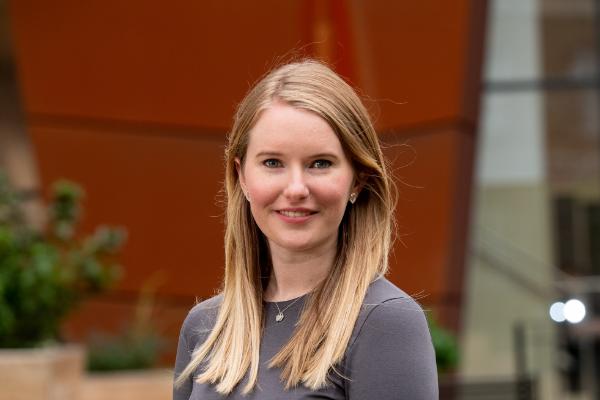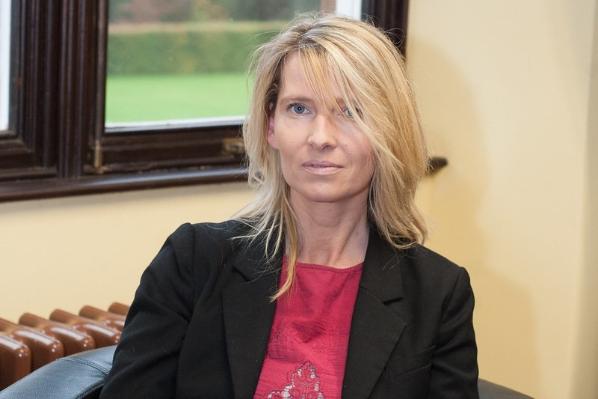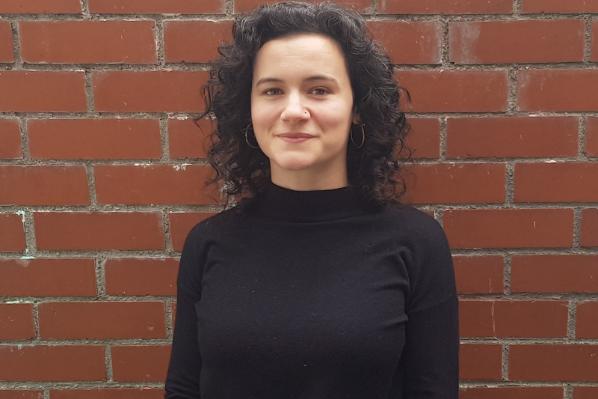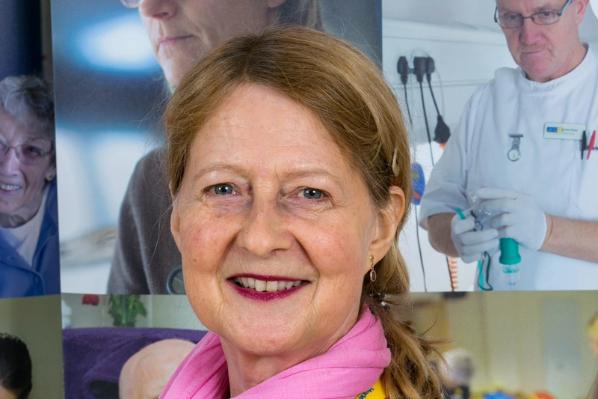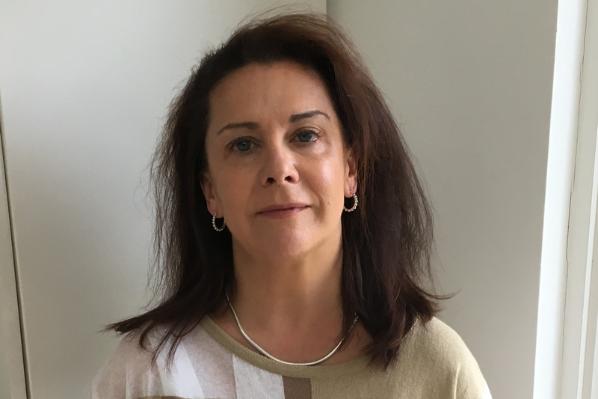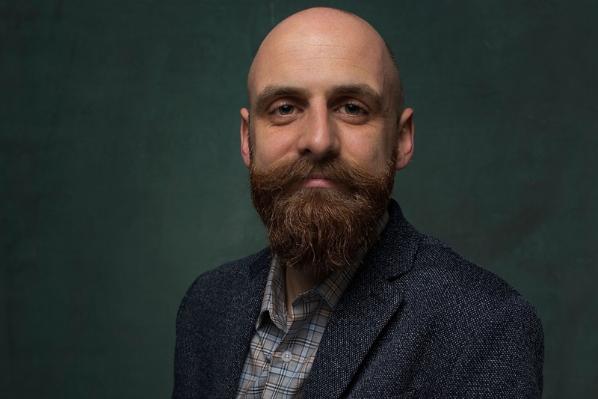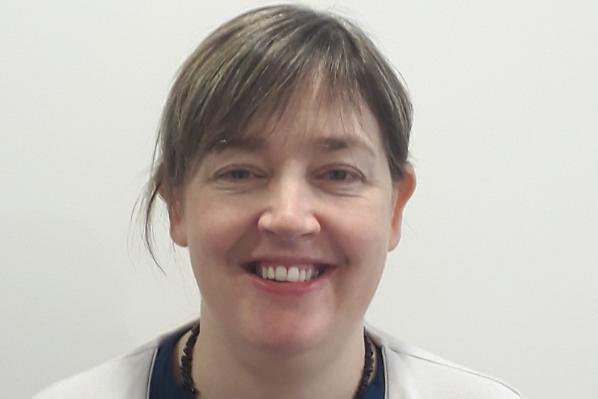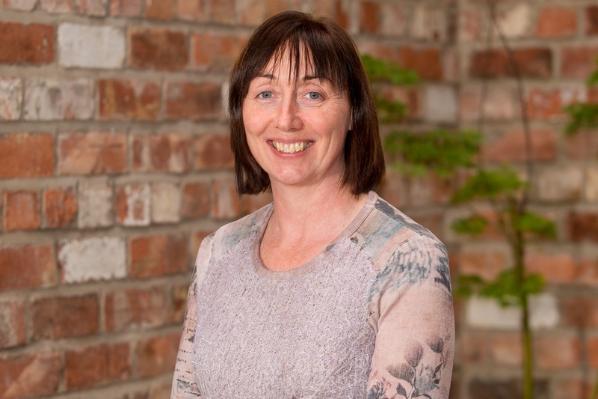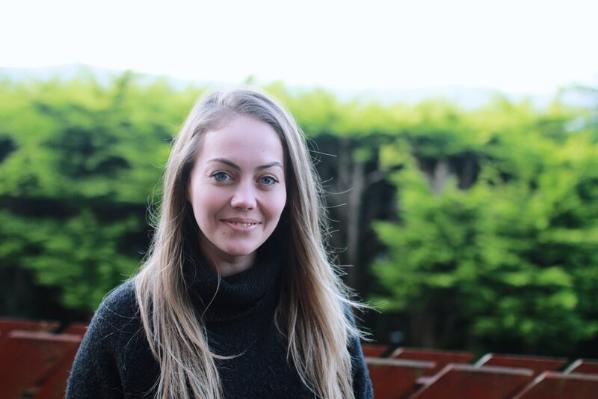MusiCARER

MusiCARER: Building capacity for high-quality research on the role of music therapy in supporting informal carers of people at end of life
MusiCarer is a research study being led by Dr Lisa Graham-Wisener, Lecturer in Health Psychology, and Dr Tracey McConnell, Marie Curie Senior Research Fellow, School of Midwifery & Nursing, Queen’s University Belfast. Dr Katie Gillespie is the Research Fellow on the project. This research is funded by the Music Therapy Charity, London.
This page aims to give you an introduction to the research team members and background to the project. This page will be updated with any associated events, publications, and relevant material that may be of interest.
Meet the team
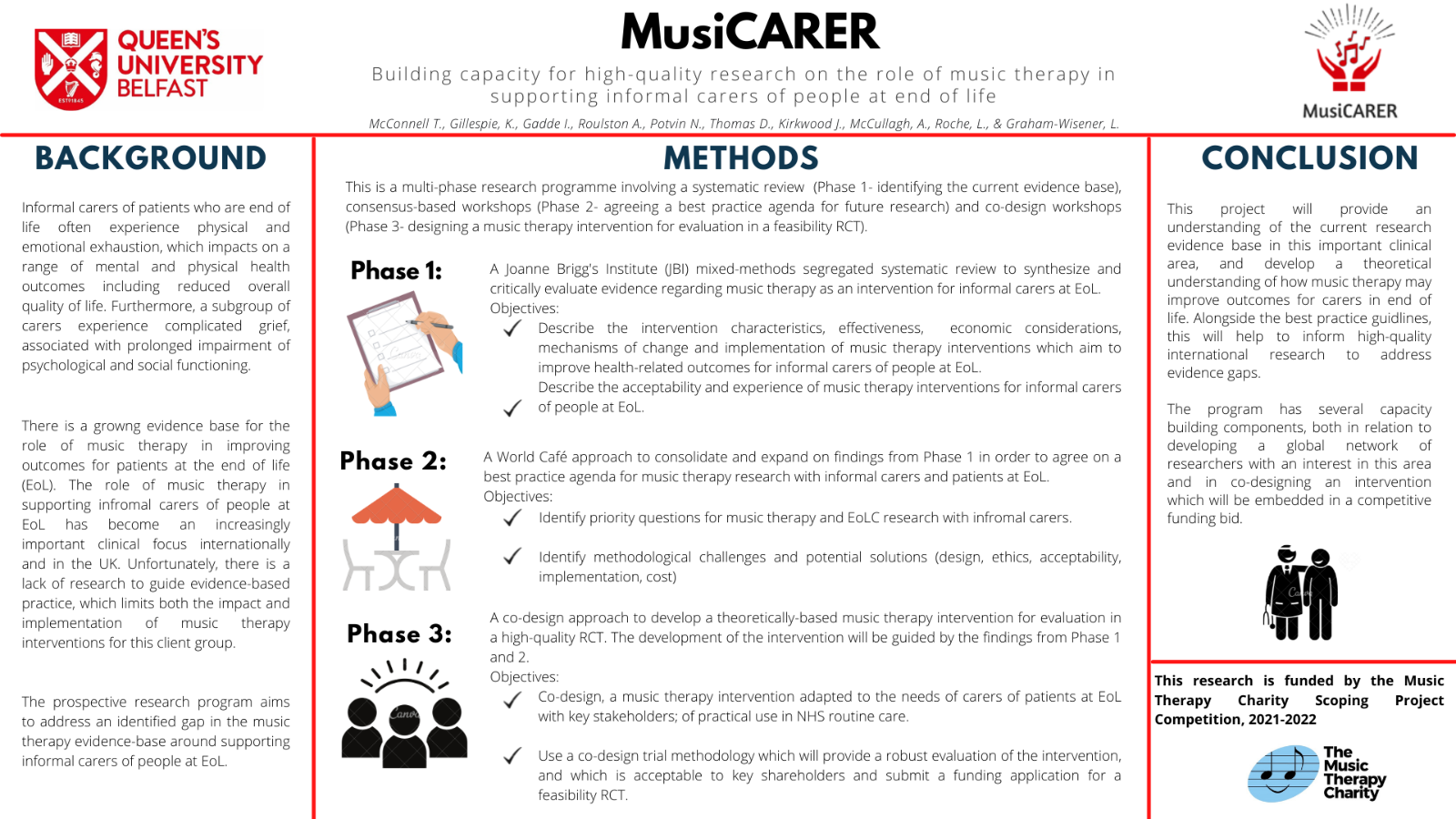
The above poster can also be downloaded.
Further information is also available from the Music Therapy Charity's news webpage.
Music Therapy: An Introduction
Watch this short video from the British Association for Music Therapy for an Introduction to Music Therapy in the UK (British Association for Music Therapy, 2021).
Additional information can be obtained by contacting either:
- Dr Lisa Graham-Wisener l.graham-wisener@qub.ac.uk OR
- Dr Tracey McConnell t.mcconnell@qub.ac.uk

